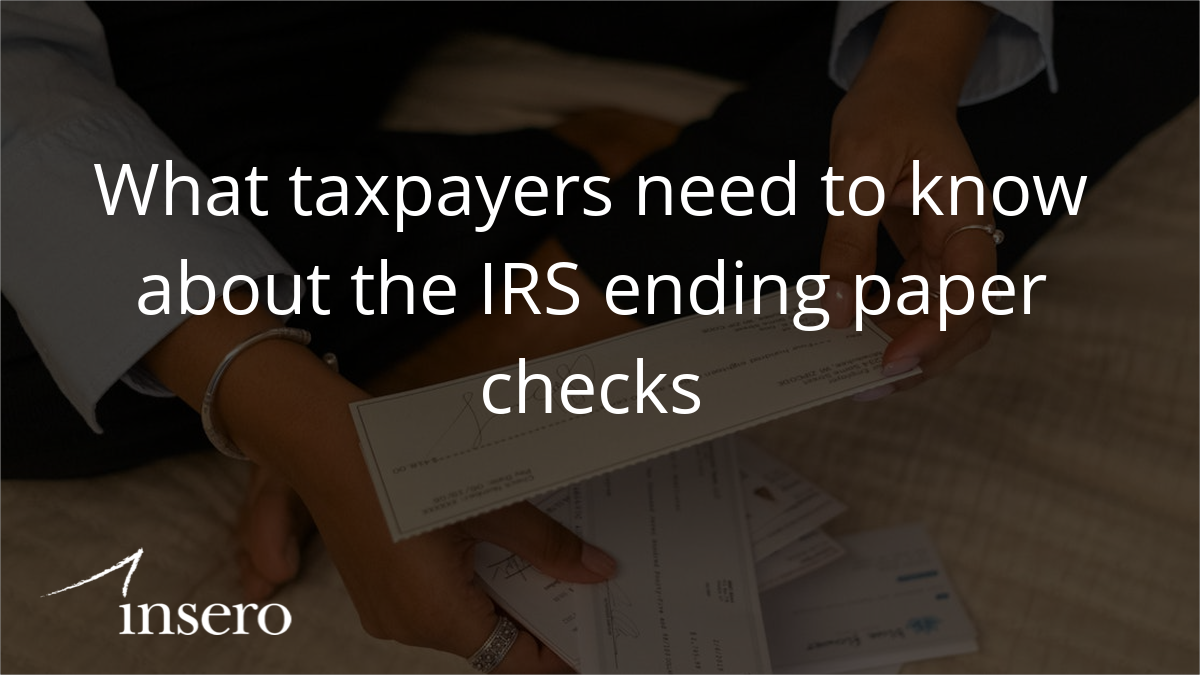ARTICLE | August 29, 2025
What happens when a fundamental tax calculation shifts overnight, potentially unlocking millions in previously disallowed interest deductions? The One Big, Beautiful Bill Act (OBBBA) has done exactly that by restoring depreciation, amortization, and depletion to the business interest expense limitation calculation. For highly leveraged entities that have been wrestling with restrictive interest deduction limits this change represents both significant opportunity and complex planning challenges that demand immediate attention.
The Critical Shift: From EBIT Back to EBITDA
Under the Tax Cuts and Jobs Act (TCJA), Section 163(j) limited business interest expense deductions to 30% of adjusted taxable income, calculated using an EBIT-based approach that, starting in 2022, excluded depreciation, amortization, and depletion. This created substantial limitations for capital-intensive businesses and highly leveraged entities, often trapping interest expenses in perpetual disallowance cycles.
The OBBBA fundamentally changes this landscape by permanently restoring the add-back of depreciation, amortization, and depletion when calculating adjusted taxable income for tax years beginning after December 31, 2024. This shift back to an EBITDA-based calculation dramatically increases the limitation threshold for most businesses, particularly those with significant depreciation and amortization expenses.
“The restoration of EBITDA for interest expense calculations represents one of the most impactful changes for leveraged businesses in recent tax history,” explains Steve Mills, CPA of Insero Advisors, LLC. “We’re seeing clients who haven’t been able to deduct significant portions of their interest expense suddenly able to utilize current-year deductions and potentially recover previously disallowed amounts.”
Strategic Implications for Highly Leveraged Entities
The OBBBA’s changes create immediate planning opportunities that extend far beyond simple interest deduction calculations. Businesses with substantial leverage now face critical decisions about debt positioning, carryforward utilization, and structural optimization that must be made before year-end to maximize benefits.
For entities with significant depreciation and amortization expenses, the increased limitation capacity often means the difference between perpetual interest disallowance and full current-year deductibility. This is particularly relevant for businesses that have accumulated substantial Section 163(j) carryforwards, as the expanded limitation may allow for accelerated utilization of these previously trapped deductions.
The change also creates opportunities for debt restructuring and refinancing strategies. Businesses that previously structured around restrictive interest limitations can now optimize their capital structure for operational efficiency rather than tax limitation avoidance.
Navigating Carryforward Mechanics and Tax Year Transitions
The transition from TCJA rules to OBBBA provisions creates complex mechanical issues that require careful planning to avoid costly mistakes. Businesses must consider how existing Section 163(j) carryforwards interact with the new limitation calculations, particularly for tax years that span the effective date transition.
The carryforward utilization rules remain unchanged, meaning disallowed business interest expense from prior years continues to carryforward indefinitely until absorbed. However, the expanded limitation capacity under OBBBA may allow businesses to absorb these carryforwards more rapidly than previously anticipated.
“The key to maximizing these benefits lies in understanding the interaction between existing carryforwards and the new limitation calculations,” notes Mills. “Businesses need to model their specific situations to determine optimal timing for additional leverage or accelerated carryforward utilization.”
Avoiding the Trap of Perpetual Disallowance
While OBBBA provides significant relief for business interest expense limitations, businesses must remain vigilant about structuring decisions that could create new limitation challenges. The 30% threshold remains unchanged, meaning businesses with minimal EBITDA relative to their interest expense will continue to face restrictions.
The expanded limitation also creates opportunities for more aggressive leverage strategies, but these must be balanced against other tax and business considerations. Businesses should carefully analyze their multi-year projections to ensure that increased leverage today doesn’t create limitation problems in future years when depreciation and amortization expenses may decline.
Your Strategic Response: From Analysis to Implementation
The OBBBA’s business interest expense changes demand immediate analysis and strategic response. Businesses that act quickly to understand their specific implications and implement appropriate strategies will capture the greatest benefits, while those that delay risk missing valuable optimization opportunities.
At Insero Advisors, our tax professionals are already working with clients to quantify the impact of these changes, model various scenarios, and develop implementation strategies that maximize benefits while maintaining operational flexibility. With over 50 years of experience helping growth-focused businesses navigate complex tax landscapes, we understand both the technical intricacies and strategic implications of these significant changes.
The restoration of EBITDA for business interest expense calculations represents more than a technical tax change; it’s a strategic opportunity that could unlock significant cash flow improvements and enable more efficient capital structures. Don’t let these valuable benefits pass your business by.
Contact our office today to schedule a consultation with one of our tax experts. Together, we’ll analyze your specific situation, quantify potential benefits, and develop a customized strategy that transforms these legislative changes into tangible business advantages while positioning your company for continued growth and financial success.
Let’s Talk
Fill out the form below and we’ll get back to you to discuss your specific situation.




